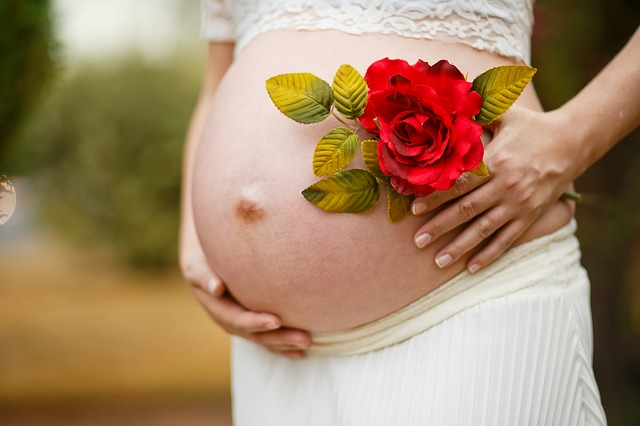The genetic structure of the developing fetus is not completely identical with egg donor recipient, as the fetus develops from a donated egg. One of the more unrelated genes containing resultant fetus of the egg donation process is clinically known as an allogeneic fetus. Initially, egg donation was only recommended for young women with premature ovarian failure as a reproductive therapy rather than its application to treat age-related fertility diminish condition. But currently, egg donation is a common treatment measure for women over 40 years of age having age-related infertility.

Egg donation and Maternal age
In 1984, the first success story of egg donation had written and since then thousands of pregnancies have occurred globally by pursuing this reproductive technology. Premature ovarian failure was the primary indication to apply the egg donation process. But recently, the use of egg donation is not limited to this particular pathophysiologic condition only, but often used for advanced maternal age, shrinkage of ovarian reserve, childhood induced secondary infertility, recurrent IVF failure, inherited maternal genetic abnormality. In certain cases, the egg donation process also provided a successful pregnancy for women infertility that occurred due to the inability to produce euploid embryos. The demand for IVF with the egg donation process is increasing specifically in western developed countries like the USA, Europe due to delaying of childbirth. This current trend also increases the demand for oocyte donors.
Multiple research study results reported that the application of the egg donation process in women with advanced maternal age had shown similar success rates like younger egg donation recipients. The obtained data showcased the success of pregnancy mainly depends upon the age and quality of the egg, and less relatively on uterine age. All these reports concluded that the receptivity of endometrial does not depend upon maternal age. But in practical clinical implementation results suggest the success rate of egg donation starts declining in women with age after the late 40s or beyond. This indicates certain factors may change egg receptivity with the increasing age of women.
Complications
Obesity with increasing age is a common finding among women. The endometrial thickness becomes less than 8mm in the case of obese women. The frozen-thawed embryo replacement provides a high birth rate which shows the quality of the transferred embryo is an important factor to achieve the successful outcome of pregnancy in case of compromised endometrial thickness condition.
The following are certain risks increased with women who conceived by using egg donation due to the development of allogeneic fetus due to atypical fetal-maternal immunologic relationships as similar to organ transplantation. But clinical researcher also suspects age and infertility can also induce the following complications:
- A risk of pregnancy-induced hypertension is high
- Increased rate of Caesarean section deliveries
- An increased risk of postpartum hemorrhage
- An increased risk of first trimester vaginal bleeding
- The risk of ovarian failure is high in the case of an egg donated pregnancy in comparison with spontaneous pregnancy.
Solution
The critical selection of egg donors can reduce the above-mentioned associated risks. The selected egg donors must be less than 35 years of age and free from any infectious diseases or hereditary syndromes. Experts suggest to perform HLA antigens-typing of donor and recipient to select perfect (haploidentical) combinations to prevent immunologic complications.



